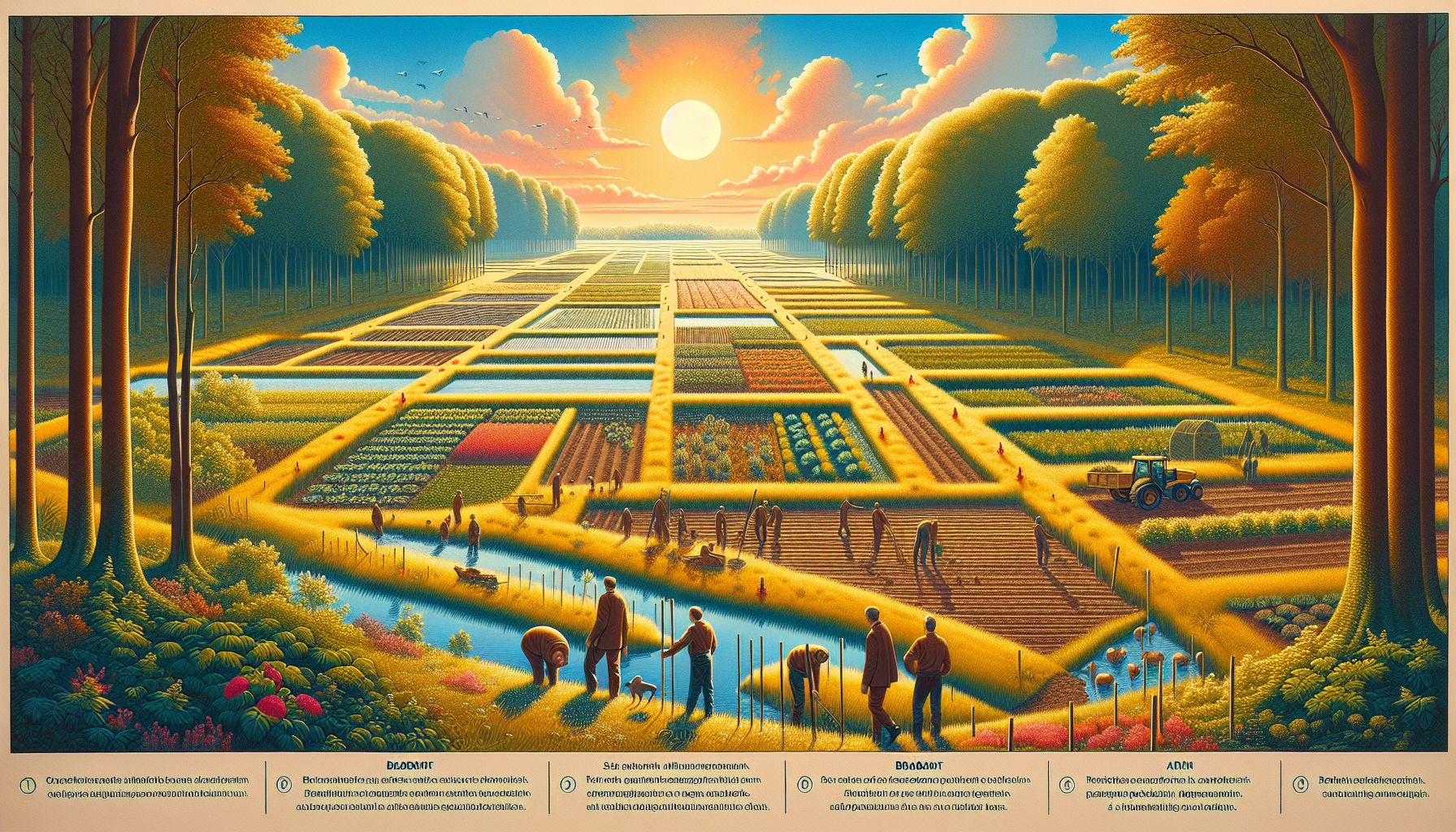Brabant Restores Twelve Nature Areas to Enhance Environmental Quality

Brabant, Friday, 7 February 2025.
Brabant launches a strategic plan to restore twelve key nature areas, aiming to boost environmental quality and facilitate future development in the province.
Pioneering Environmental Initiative
The Province of North Brabant has established itself as a frontrunner in environmental restoration by becoming the first Dutch province to implement an accelerated approach for twelve vulnerable nature areas [1]. The initiative, announced in early February 2025, focuses on areas where the restoration of nitrogen-sensitive Natura 2000 sites is most crucial and water management challenges are most pressing [1][3].
Comprehensive Restoration Strategy
The restoration program targets significant improvements in nature, water, and climate quality [1]. Key areas included in the initiative are De Peel, the Brabantse Wal, Ulvenhoutse Bos, and the Loonse and Drunense Duinen [1]. Provincial administrator Hagar Roijackers emphasizes that inaction is not an option, stating that each area requires a tailored approach due to its unique characteristics and priorities [1].
Funding and Implementation
Despite the national government’s recent withdrawal of a €24 billion nature and water management fund, Brabant is proceeding with its plans independently [1]. The province has secured its own financial resources and can access European funding, while also seeking contributions from water boards [1]. Starting February 3, 2025, the province opened applications for reimbursement of nature projects specifically aimed at restoring nitrogen-sensitive Natura 2000 areas [3][4].
Long-term Vision and Collaboration
This initiative builds upon collaborative efforts that began in 2021, involving municipalities, water boards, and nature and agricultural organizations [1]. The program is part of the National Nature Program, which extends through 2032 and focuses on both immediate restoration within nature areas and broader system recovery in surrounding regions [3]. The province acknowledges that while the challenges are substantial, particularly given Brabant’s proximity to international borders, this coordinated approach represents a crucial step toward sustainable regional development [1].

